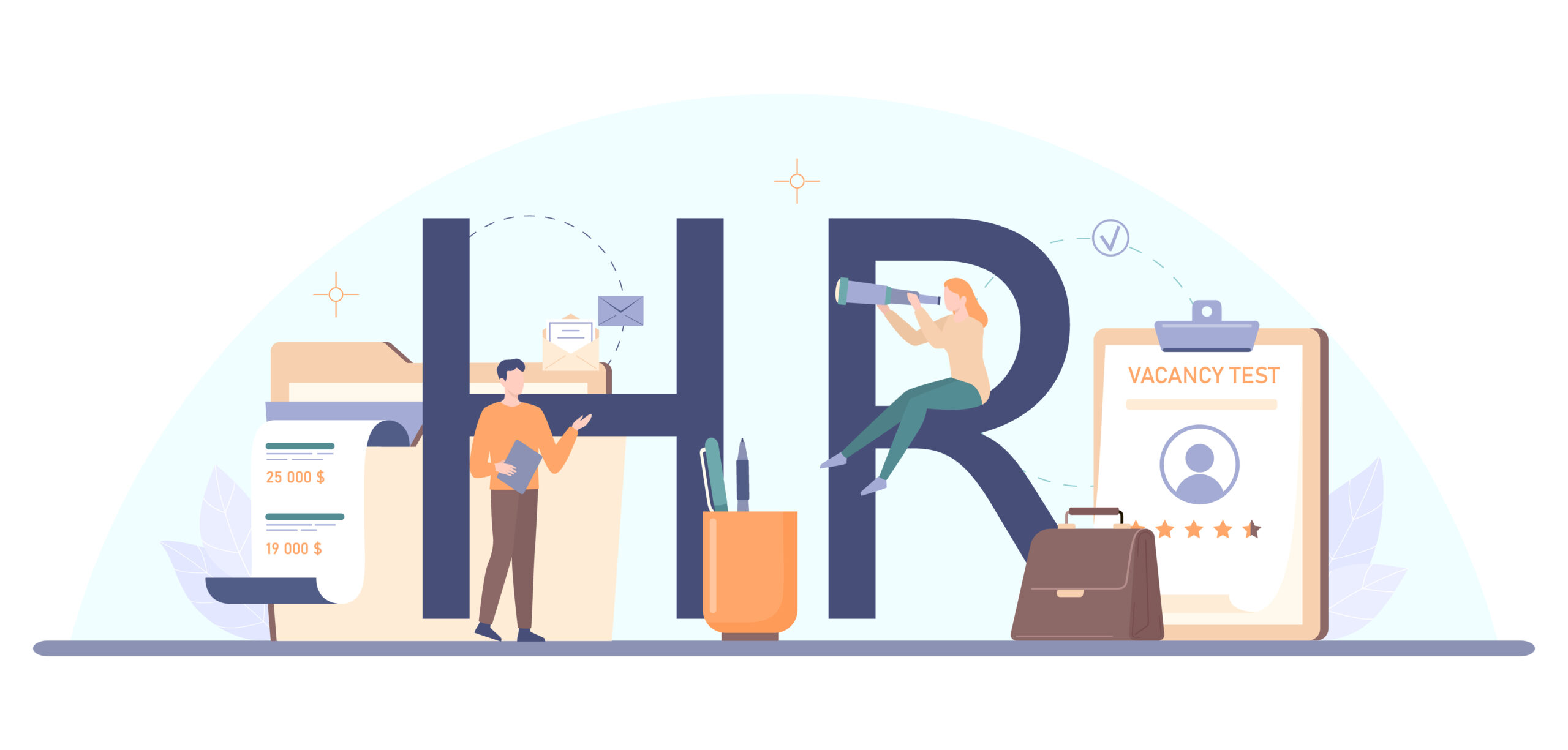With every change in tax legislation comes a need for organizations to ensure their employees are well-informed and equipped to navigate the new landscape. As businesses adapt to the nuances of a new tax regime, Human Resources (HR) plays a pivotal role in educating and supporting new hires through the transition. In this blog, we’ll explore HR’s approach to tax education for new hires in the new regime, leveraging employee onboarding software to streamline the process.
Understanding the New Tax Regime:
As tax laws evolve, it’s essential for employees to grasp the implications of the changes on their finances and compliance obligations. Whether it involves alterations in tax brackets, deductions, or filing procedures, staying informed is crucial for both employees and employers to ensure compliance and avoid potential penalties.
HR’s Role in Tax Education:
HR serves as the bridge between employees and regulatory changes, facilitating understanding and compliance. Here’s how HR can approach tax education for new hires in the new regime:
Incorporate Tax Education into Onboarding: Integrate tax education modules into the onboarding process for new hires. This ensures that employees receive essential tax information from the outset, setting them on the right path for compliance.
Provide Comprehensive Resources: Offer comprehensive resources such as tax guides, FAQs, and online seminars to help employees understand the nuances of the new tax regime. Make these resources easily accessible through the company intranet or employee onboarding software.
Tailored Communication: Tailor communication to address the specific needs and concerns of different employee groups. For example, provide specialized guidance for employees with variable income, expatriates, or those eligible for specific tax credits.
Interactive Workshops and Webinars: Host interactive workshops and webinars conducted by tax experts to provide employees with the opportunity to ask questions and clarify doubts. These sessions foster engagement and ensure that employees receive accurate and up-to-date information.
Leveraging Employee Onboarding Software:
Employee onboarding software streamlines the process of tax education for new hires, making it more efficient and effective. Here’s how HR can leverage this technology:
Customized Learning Paths: Use employee onboarding software to create customized learning paths that guide new hires through tax education modules based on their roles, locations, and other relevant factors.
Interactive Content: Incorporate interactive content such as videos, quizzes, and simulations into tax education modules to enhance engagement and knowledge retention.
Track Progress and Compliance: Employee onboarding software allows HR to track new hires’ progress through tax education modules and ensure compliance with training requirements.
Feedback and Evaluation: Solicit feedback from new hires regarding the effectiveness of tax education modules and use this input to continuously improve the content and delivery methods.
In the ever-changing landscape of tax regulations, HR plays a critical role in ensuring that employees are well-informed and equipped to navigate the complexities of the new regime. By incorporating tax education into the onboarding process, providing comprehensive resources, and leveraging employee onboarding software, HR can empower new hires to understand their tax obligations and make informed financial decisions. Ultimately, a proactive approach to tax education not only enhances compliance but also contributes to employee satisfaction and financial wellness.
As organizations embrace the challenges and opportunities presented by the new tax regime, HR’s commitment to education and support will be instrumental in guiding employees toward financial success.
Unlock the secrets of tax planning to save money today! Click here for expert insights and start maximizing your savings
